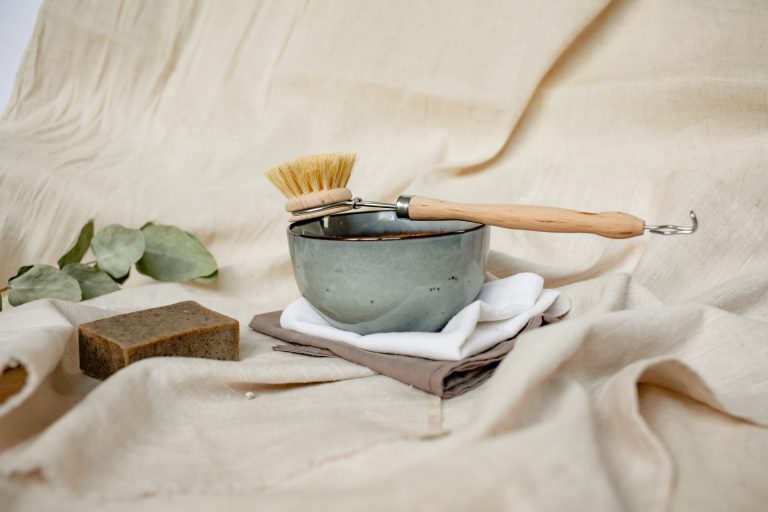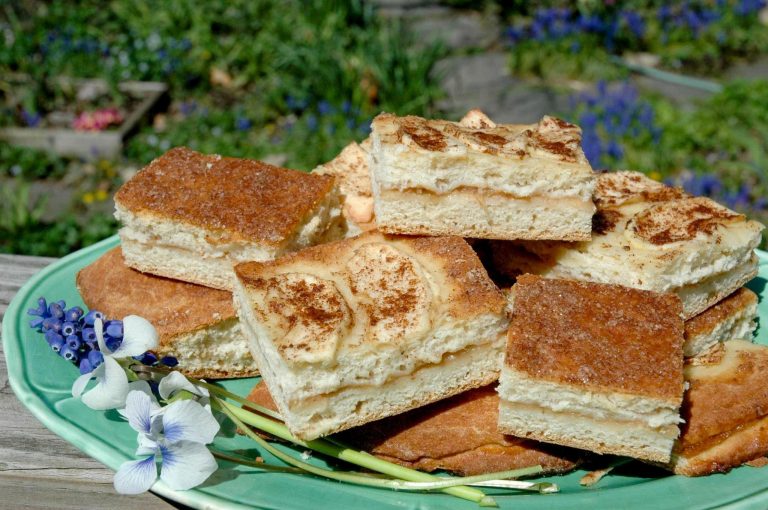Have you ever gone on a holiday at the seaside and found that your skin felt fresh and healthy without a lot of washing? As a society, we value cleanliness beyond everything else. While soap is marketed to us as essential for keeping our bodies clean and odor-free, it may be one of those things where “less is more.”
If your skin feels tight after a shower, it does not necessarily imply that one’s skin is squeaky clean. Strong alkaline compounds in soap tend to strip the natural oils from your skin, leaving it overly dry.
While soap is ideal against dirt and bacteria (especially on top of sanitizer), most of us are not dirty when we take our showers. And the hands are the only area regularly exposed to foreign bacteria. Using soap where it is not necessary strips away our natural protection.
Our skin works very hard to produce sebum to protect us from pathogens and microorganisms. Harsh soaps remove those protective oils, leaving our skin with a reduced ability to fight bacteria. Due to dryness, the skin’s barrier is compromised, and the skin begins to crack and tear, enabling additional chemicals, allergens, and bacteria to penetrate deeper into one’s skin. This can result in burning, acne, eczema, dermatitis, and rosacea.

“We’re taught that, in society, you’ve got to smell great,” says Dr. Clare Ballingall, Chair of the Royal Australian College of General Practitioners, RACGP, in Tasmania. “(As though) smelling like some strong scent is equated to health and wellness.”
Success
You are now signed up for our newsletter
Success
Check your email to complete sign up
Soaps that include “fragrance” are one of the biggest culprits in subpar washes. According to Healthy Women, scents may basically “be a mix of chemicals and you’d never know it.” Regarding protecting trade secrets, the Food and Drug Administration (FDA) does not compel businesses to disclose the chemicals in their perfumes, so it is doubtful that you will be aware of what you are putting on your skin.
Other hazardous compounds often found in soaps include parabens, sulfates, and triclosan. Parabens are preservatives that can enter the bloodstream through skin contact and imitate estrogen. The main lather producer, Sulfates, strips the skin of its natural oils and causes it to dry out. Triclosan is a still more serious concern, as it “promotes the emergence and growth of bacteria resistant to antibiotic cleansers.”
So what soap is safe? Generally speaking, the fewer ingredients a soap contains, the better it is for you. Opt for all-natural bar soaps. Or, use soap only where necessary. Apply it on the hands, armpits, groin, buttocks, and feet.

Dr. Ballingall emphasizes that handwashing with soap is essential for preventing disease transmission, but putting soap on the rest of our bodies has little benefit. A good scrubbing in plain water is fine for the rest of the body. To prevent odor, be sure to dry off completely after washing. This prevents the growth of bacteria, which flourish in warm, damp crevices.
Experiment with oil cleansing
Cleansing oils are an alternative to soap. Contrary to popular belief, slathering your skin with oil cleans it better than soap. Oil-based cleansers are particularly effective in trapping dirt and dead skin cells. This allows the skin to be washed without breaking the oil barrier. Remember to oil up before getting in the shower. Oil-based cleansers now come in mild lathers that rinse quickly without harming your skin or leaving a residue. However, oil in the shower presents an obvious hazard, so be sure you have a non-slip rubber mat for the tub.
Remove dead skin cells with a brush
Dry brushing removes dead skin cells and dirt from the skin’s surface while stimulating the release of healthy oils. A natural fiber brush is used to dry brush your skin while it is still dry. The action of the bristles moving across your skin exfoliates and removes dirt. There is also evidence that brushing the skin may stimulate lymphatic drainage, purifying the skin and the whole body.
Create your own all-natural exfoliant
There are literally hundreds of recipes for homemade exfoliants. There are salt and sugar scrubs, as well as oatmeal and honey exfoliators. These natural recipes help exfoliate dead skin cells and moisturize your body without harming your skin’s protective barrier. However, please refrain from using strong exfoliators on your face as they may cause micro-abrasions.
Handmade soaps and washes
Compared to commercially manufactured soap bars, handmade soaps are less harsh to the skin and typically utilize higher-quality fats and oils during saponification. Good components such as shea butter, coconut oil, or olive oil are often used as the foundation for these soaps instead of the harsh chemicals and low-quality oils and fats typically found in commercial soaps.
The popular “body washes” found today are a somewhat gentler option. They contain surfactants closer to the skin’s natural pH rather than the harsh alkaline compounds found in soaps.
Still, keeping a functional natural microbiome is preferable in the maintenance of healthy skin and hair. Be mindful of washing away the “good” bacteria together with the “bad” when you use any cleanser. If you allow your skin to do the work it was meant to do, you may find it does a remarkable job.















